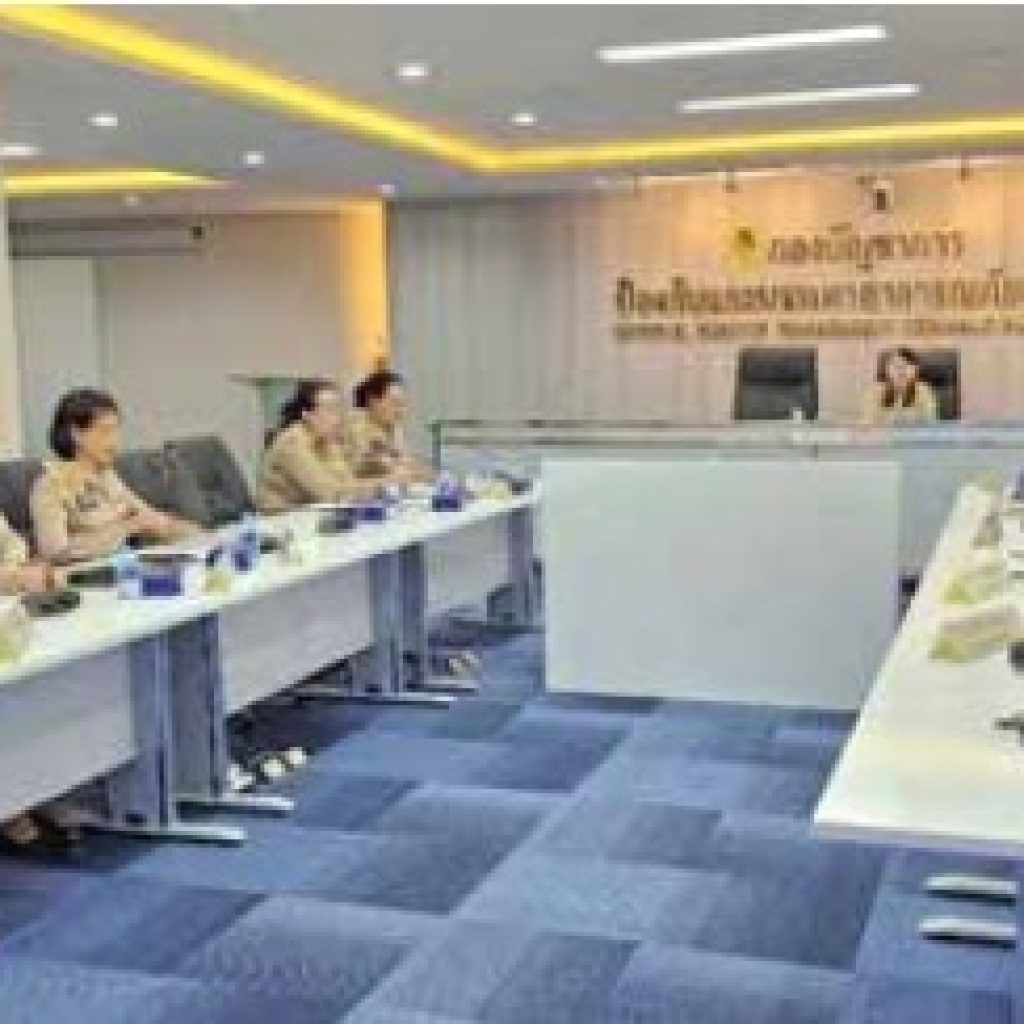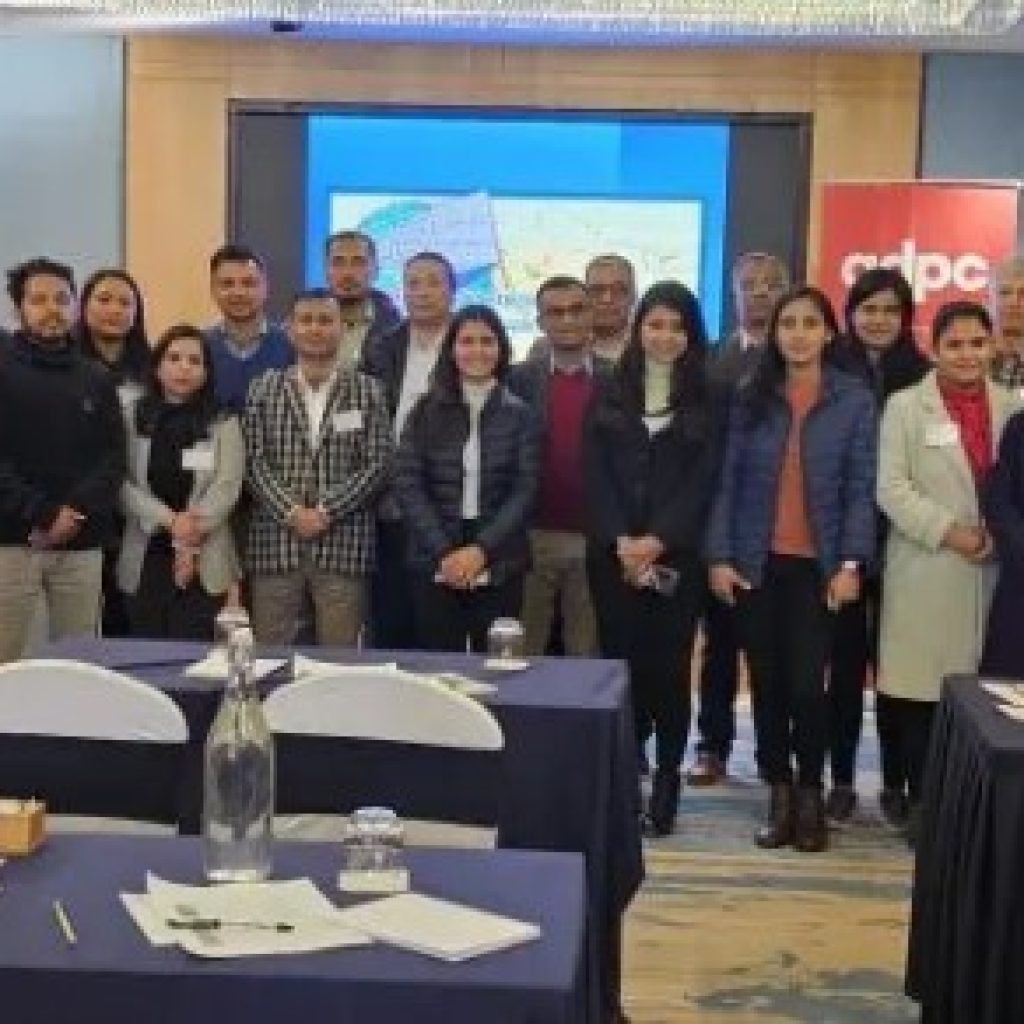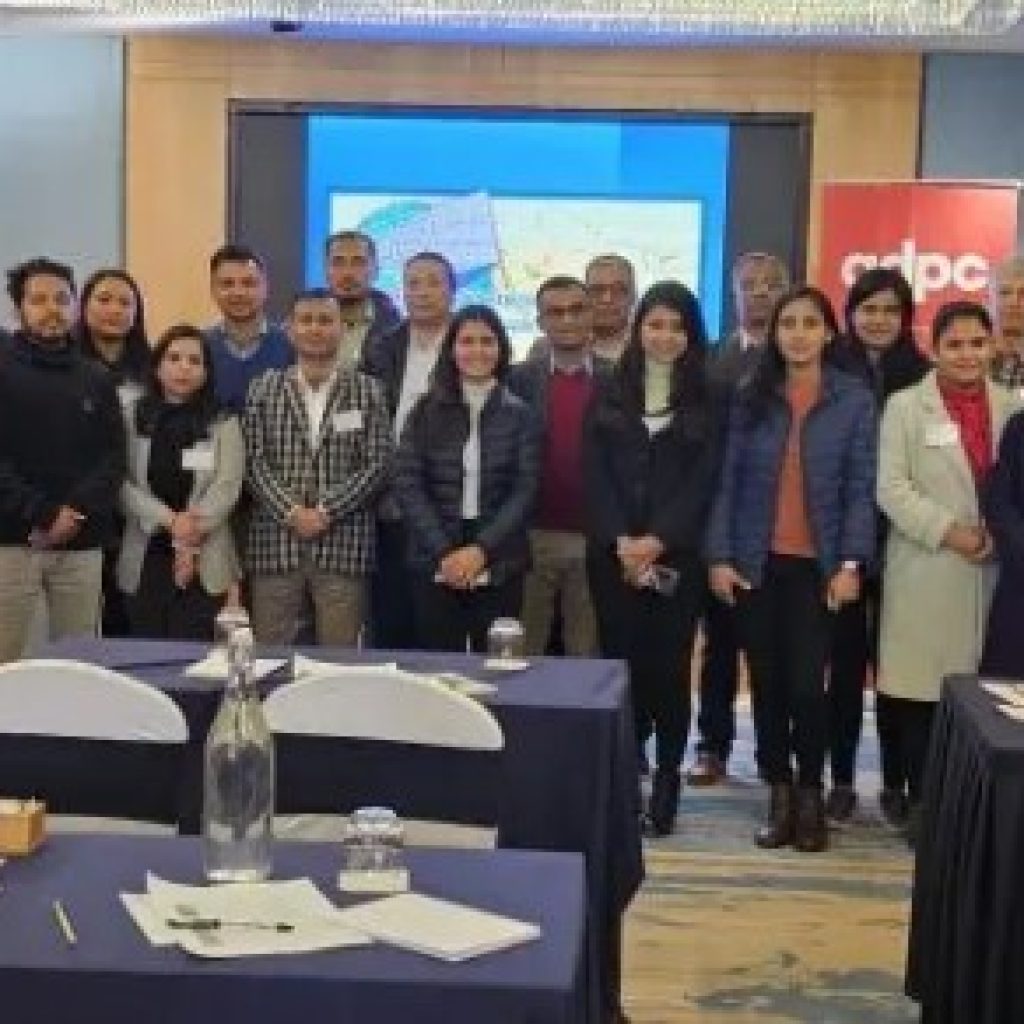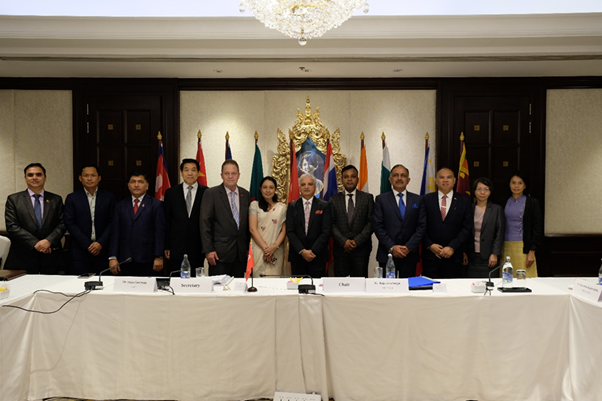India has always been at the forefront of disaster risk reduction (DRR) and climate resilience, not only domestically but also on the global stage. With Prime Minister Narendra Modi at the helm, India’s role in shaping policies and frameworks for DRR has taken significant strides, gaining recognition for its leadership. One of the most remarkable achievements in recent years is India assuming the Chair of the Asian Disaster Preparedness Centre (ADPC) for the year 2024-25, with Shri Rajendra Singh, Member and Head of Department (HoD) of the National Disaster Management Authority (NDMA), at the forefront. This article pays tribute to Shri Rajendra Singh and India’s global leadership in disaster management.
India’s Rising Influence in Global DRR
Under the leadership of Prime Minister Narendra Modi, India has solidified its position as a key player in disaster management and climate resilience. From domestic initiatives to global platforms, India has taken decisive action to mitigate the impacts of natural disasters. Among the most notable of these efforts is the establishment of the Coalition for Disaster Resilient Infrastructure (CDRI), which has brought together countries worldwide to collaborate on enhancing the resilience of critical infrastructure against disasters.
Taking over the Chair of ADPC is yet another testament to India’s commitment to fostering cooperation in disaster preparedness and risk reduction on a regional and global scale. The ADPC, which was founded in 1986, is an autonomous international organization that plays a pivotal role in promoting DRR and climate resilience in Asia and the Pacific. India, along with eight other neighboring countries—Bangladesh, Cambodia, China, Nepal, Pakistan, Philippines, Sri Lanka, and Thailand—are the founding members of ADPC, further underscoring India’s long-standing involvement in regional cooperation for disaster management.

A Historic Transition in Leadership
On July 25, 2024, Shri Rajendra Singh officially assumed the Chair of ADPC from the People’s Republic of China, marking a significant milestone in India’s journey toward global leadership in disaster preparedness. The transition took place in Bangkok, Thailand, where Shri Singh represented India at the 5th Board of Trustee (BoT) meeting of ADPC. India’s chairmanship for 2024-25 highlights the nation’s unwavering commitment to disaster risk reduction and the advancement of climate resilience in one of the most disaster-prone regions of the world.
As Chair of ADPC, Shri Rajendra Singh brings his vast experience and expertise in disaster management to the table, ensuring that India’s leadership will be both impactful and visionary. His role as HoD of NDMA, the nodal agency responsible for disaster management in India, positions him as an influential figure in shaping not just national but regional strategies for disaster preparedness, response, and recovery.
Advancing Disaster Risk Reduction in Asia and the Pacific
Asia and the Pacific regions are among the most vulnerable to natural disasters, including earthquakes, floods, cyclones, and tsunamis. The ADPC plays a crucial role in mitigating these risks by working with governments, civil society organizations, and international agencies to build resilience at every level—from local communities to national infrastructure. Under India’s leadership, the focus will be on bolstering cooperation among member countries, sharing knowledge and best practices, and promoting innovative approaches to disaster preparedness.
Shri Rajendra Singh’s chairmanship will likely bring a renewed focus on climate resilience, an area where India has already made significant progress. With climate change increasing the frequency and severity of extreme weather events, building resilience against such shocks is imperative. The work being done by ADPC, under India’s leadership, will ensure that countries in the Asia-Pacific region are better equipped to face the challenges posed by climate variability and other environmental risks.
A Global Role Model in DRR
India’s leadership in ADPC comes at a time when the world is recognizing the importance of international collaboration in addressing the multifaceted challenges posed by disasters. India’s proactive approach to disaster management—marked by initiatives like the CDRI—has set an example for other countries to follow. The CDRI, launched in 2019, serves as a platform for knowledge exchange and collaboration between countries, with a focus on making infrastructure more resilient to disasters. This initiative has gained momentum under India’s leadership, and its relevance continues to grow as climate-induced disasters become more frequent and severe.

Celebrating the Legacy of Shri Rajendra Singh
Shri Rajendra Singh’s appointment as Chair of ADPC is a reflection of his significant contributions to disaster management in India and beyond. His tenure at NDMA has been marked by innovative approaches to disaster risk reduction, including capacity building, technological interventions, and the development of community-based strategies for disaster preparedness. His leadership has been instrumental in strengthening India’s disaster management framework, which is now regarded as one of the most comprehensive and robust in the world.
Shri Singh has always emphasized the importance of community involvement in disaster management, advocating for a bottom-up approach that empowers local populations to take ownership of disaster preparedness and response. His work with NDMA has helped bridge the gap between government agencies and vulnerable communities, ensuring that disaster risk reduction efforts reach those who are most at risk.
India’s Vision for the

Future of DRR
As Chair of ADPC, Shri Rajendra Singh will continue to champion the cause of disaster risk reduction and climate resilience, not just in India but across the Asia-Pacific region. Under his leadership, ADPC will likely prioritize initiatives that promote sustainable development, climate adaptation, and inclusive disaster management. India’s vision for DRR is one that recognizes the interconnectedness of social, economic, and environmental factors and seeks to build resilience in a holistic manner.
India’s chairmanship of ADPC comes at a critical juncture when the world is grappling with the impacts of climate change, and the need for effective disaster management has never been more urgent. Shri Singh’s leadership will undoubtedly steer ADPC towards achieving its goals of building a safer, more resilient Asia-Pacific region, while also advancing India’s role as a global leader in disaster risk reduction.
A New Era of
Cooperation and
Innovation
Under India’s leadership, ADPC is expected to explore new avenues of cooperation with international organizations, private sector stakeholders, and academic institutions to enhance the understanding of disaster risks and promote innovative solutions. The use of data and technology will be at the forefront of these efforts, with a particular emphasis on early warning systems, disaster forecasting, and climate modeling.
India has already made significant progress in these areas through its collaboration with global partners, and Shri Rajendra Singh’s chairmanship will provide an opportunity to further strengthen these partnerships. The use of big data and artificial intelligence in disaster management will likely be a key focus area, enabling countries to better predict and prepare for disasters before they occur.
A Global Tribute to Shri Rajendra Singh
In recognizing Shri Rajendra Singh’s appointment as Chair of ADPC, we celebrate not just his personal achievements but the broader success of India’s leadership in disaster risk reduction. His contributions have had a profound impact on the way disasters are managed in India, and his new role as Chair of ADPC will allow him to extend this influence to a global scale.
Shri Singh’s leadership is an embodiment of India’s commitment to creating a safer, more resilient world for future generations. His work has helped lay the foundation for a disaster management framework that is inclusive, innovative, and responsive to the needs of the most vulnerable. India’s assumption of the Chair of ADPC for 2024-25 under the leadership of Shri Rajendra Singh marks a pivotal moment in global disaster management. As the world faces increasing risks from climate change and natural disasters, India’s leadership will play a crucial role in shaping the future of disaster risk reduction and resilience in the Asia-Pacific region. This is a moment of pride for India and a testament to the tireless efforts of Shri Rajendra Singh and his team at NDMA, who continue to lead the way in building a safer, more resilient world.






